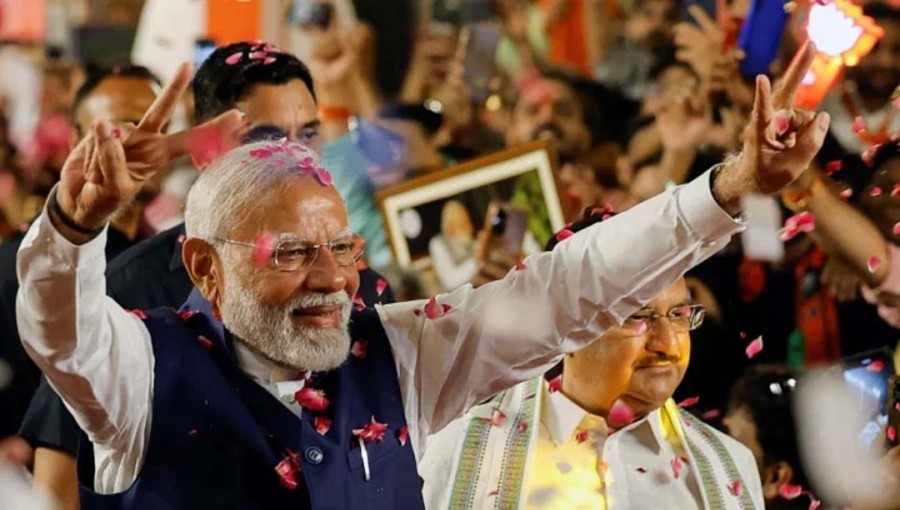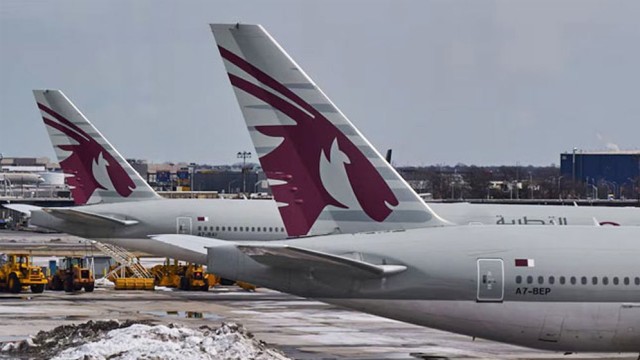Indian Prime Minister Narendra Modi is set to be sworn in for a third term on Sunday, alongside coalition allies, after his party fell short of a parliamentary majority. The Bharatiya Janata Party (BJP) secured 240 seats, 32 short of the required majority in the 543-member lower house, marking its poorest performance in a decade.
The BJP will now depend on various minor parties to govern, with larger ones demanding significant concessions for their support. The National Democratic Alliance (NDA) coalition, including 15 members, will control 293 seats. The final composition of Modi's cabinet remains undisclosed after several days of negotiations.
Key Coalition Partners:
Chandrababu Naidu: A seasoned politician and leader of the Telugu Desam Party (TDP), Naidu was jailed last year over allegations of embezzling $44.5 million. Released on bail due to health concerns, Naidu's TDP holds 16 seats, making it the largest BJP ally. Known for his political acumen, Naidu has voiced support for Modi but aims for a senior ministry post.
Nitish Kumar: Chief Minister of Bihar and leader of Janata Dal (United), Kumar's party secured 12 seats. Known for switching allegiances, Kumar joined the BJP just before the elections, having initially opposed Modi. He seeks a significant ministerial role, reflected in recent reports of his demands for multiple cabinet posts.
Shiv Sena: With roots in Mumbai and a shared Hindu-nationalist agenda with the BJP, Shiv Sena, led by Eknath Shinde, won seven seats. Despite internal splits, the party remains a crucial ally for Modi's government. Including smaller parties, the NDA holds a slim majority in parliament, with 21 seats above the required majority.































Comment: